“23andMe” Shareholder Lawsuit Update
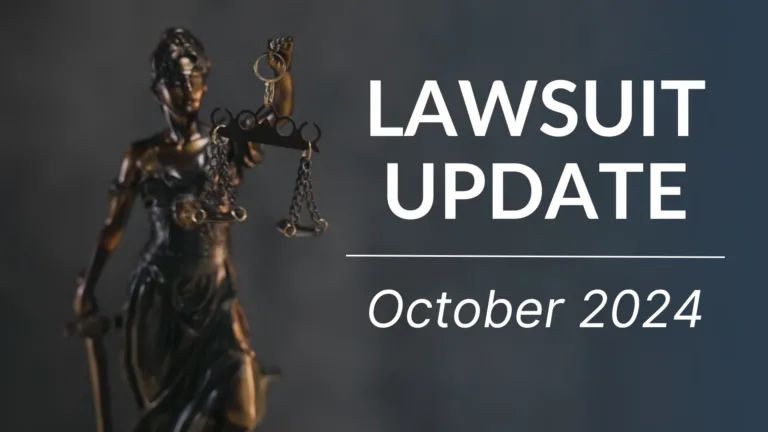

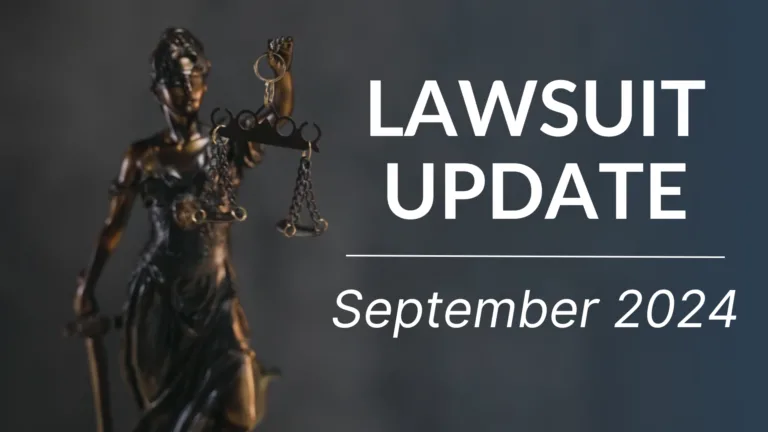
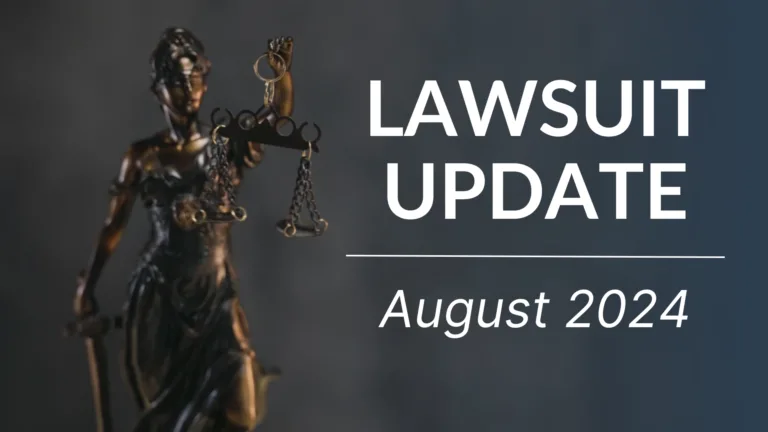
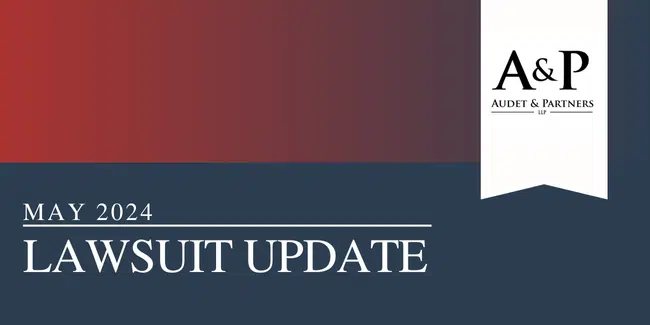
California Supreme Court Offers Insight on Compensable Time According to State Law On March 25th, 2024 the California Supreme Court issued a ruling on the matter of Huertas v. CSI Electrical Contractors. This ruling provides further guidance for employers and…
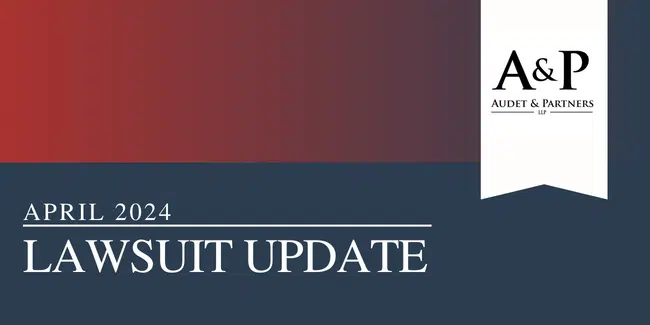
Recent Developments in Roundup Cancer Trials As of early 2024, we’ve witnessed an unprecedented surge in the legal actions against Bayer, the current owner of Roundup, with plaintiffs securing nearly $5 billion in verdicts over the past month. This marks…

Significant Developments in 3M Earplug Multidistrict Litigation A federal judge in Florida, overseeing the 3M earplug multidistrict litigation (MDL), has taken decisive action against duplicative cases and overlapping representation. Judge M. Casey Rodgers dismissed several claims post the October 11…

Class Action Law Update – April 24, 2023 Several noteworthy class action lawsuits have recently been filed across a range of industries. These lawsuits involve allegations of discrimination, securities fraud, and other issues. In this Class Action Law Update provided…

Class Action Case Update – December 16, 2022 Facebook algorithms accused of age and gender discrimination while displaying ads. Real Women in Trucking, has filed a formal complaint with the Equal Employment Opportunity Commission accusing Meta Platforms (parent company of…

Class Action Case Update – November 25, 2022 Veterans accuse Citibank of non-compliance with servicemen-related lending requirements A class of Military Veterans have filed suit against Citibank accusing it of violating laws in place to facilitate easy and cheap les…

Class Action Case Update – October 24, 2022 Amplify settlement in 2021 Huntington oil spill within sight – coast clear for suit against responsible containerships Amplify Energy Corporation has agreed to pay $50 million to settle the class action suit…

Class Action Case Update – October 13, 2022 Illegal tracking lawsuit: Google to pay $85 million to the state of Arizona In 2020, the state of Arizona filed a suit against Google for violating the Arizona’s Consumer Fraud Act. The…

Class Action Case Update – September 28, 2022 Crypto companies facing regulatory wrath combined with investor wrath The massive fall of cryptocurrency prices earlier this year, was accompanied by a steady rise in crypto litigation whereby several buyers have sued…